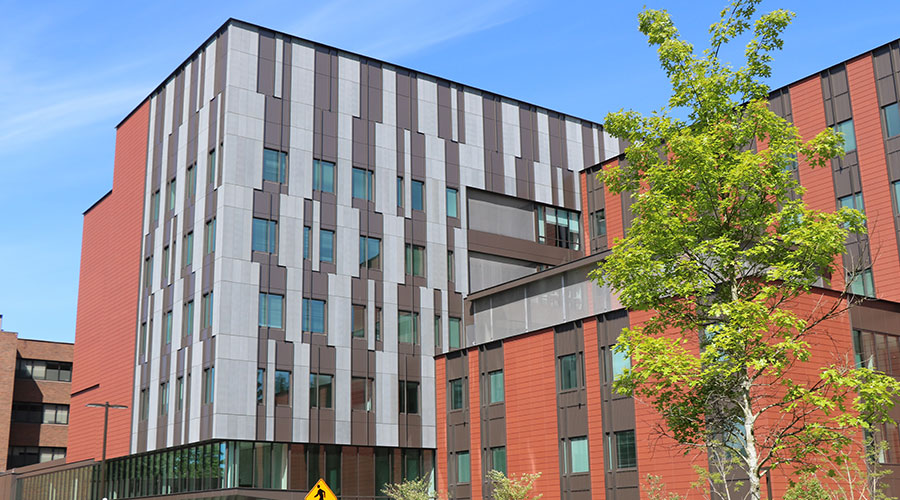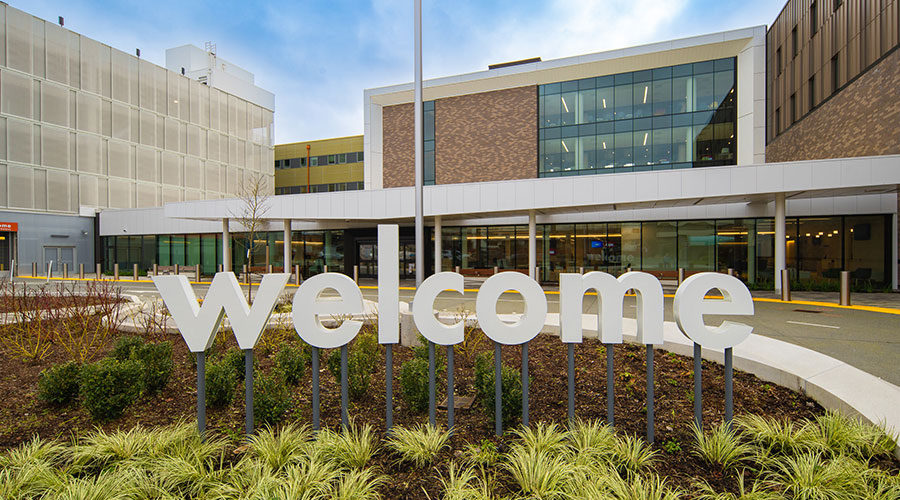When a nursing facility was cited with a deficiency because it is not fully sprinklered, its counsel recommended a conference call with Centers for Medicare and Medicaid Services (CMS) Central Office to explore the possibility of CMS changing its policy based on valid considerations. And, according to a blog on the Long-Term Living magazine website, the CMS agreed to do just that.
On November 15, 2013, CMS revised its prior guidance regarding enforcement actions based on a skilled nursing facility’s (SNF) failure to meet the August 13, 2013 deadline for installation of an automatic sprinkler system, blogger Alan Horowitz wrote. In August 2008, CMS published a final rule that required long-term care facilities to install automatic sprinkler systems in all resident areas. That final rule gave SNFs five years to complete the installation process.
On August 16, 2013, just days after the deadline for SNFs to be fully sprinklered, CMS published a Survey and Certification memorandum directing the heads of all State survey agencies to cite any facility not fully sprinklered. The August 16 memo said there would be no extensions.
Until recently, if a facility was found not to be fully sprinklered, it would have ended up with at least a D-level deficiency, according to Horowitz. A D-level deficiency represents noncompliance with the federal requirements for participation in the Medicare program.
Because there are still approximately 928 nursing facilities that are not fully sprinklered to date, the potential for mandatory enforcement actions is real, the blog said. CMS Regional Offices have sent notices imposing enforcement actions for those facilities it determined lacked a fully automatic sprinkler system, and it would be futile for a facility to file an appeal of CMS’ enforcement actions.
But November’s revision to CMS’ policy illustrates, there are times when a constructive dialogue, attempting to structure a win-win outcome is more appropriate than litigating, especially when there is no chance of prevailing in a legal battle, Horowitz wrote.
Read the blog.

 Seeking Standards for Microbial Loads in Healthcare Facilities
Seeking Standards for Microbial Loads in Healthcare Facilities UCR Health Unveils Plans for Major Expansion
UCR Health Unveils Plans for Major Expansion High-Performance Windows Support Safety at UW Medicine's New Behavioral Health Center
High-Performance Windows Support Safety at UW Medicine's New Behavioral Health Center Central Maine Healthcare Dealing with IT System Outage
Central Maine Healthcare Dealing with IT System Outage Kaiser Permanente Opens Newly Expanded Everett Medical Center
Kaiser Permanente Opens Newly Expanded Everett Medical Center